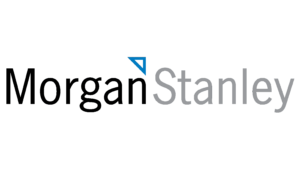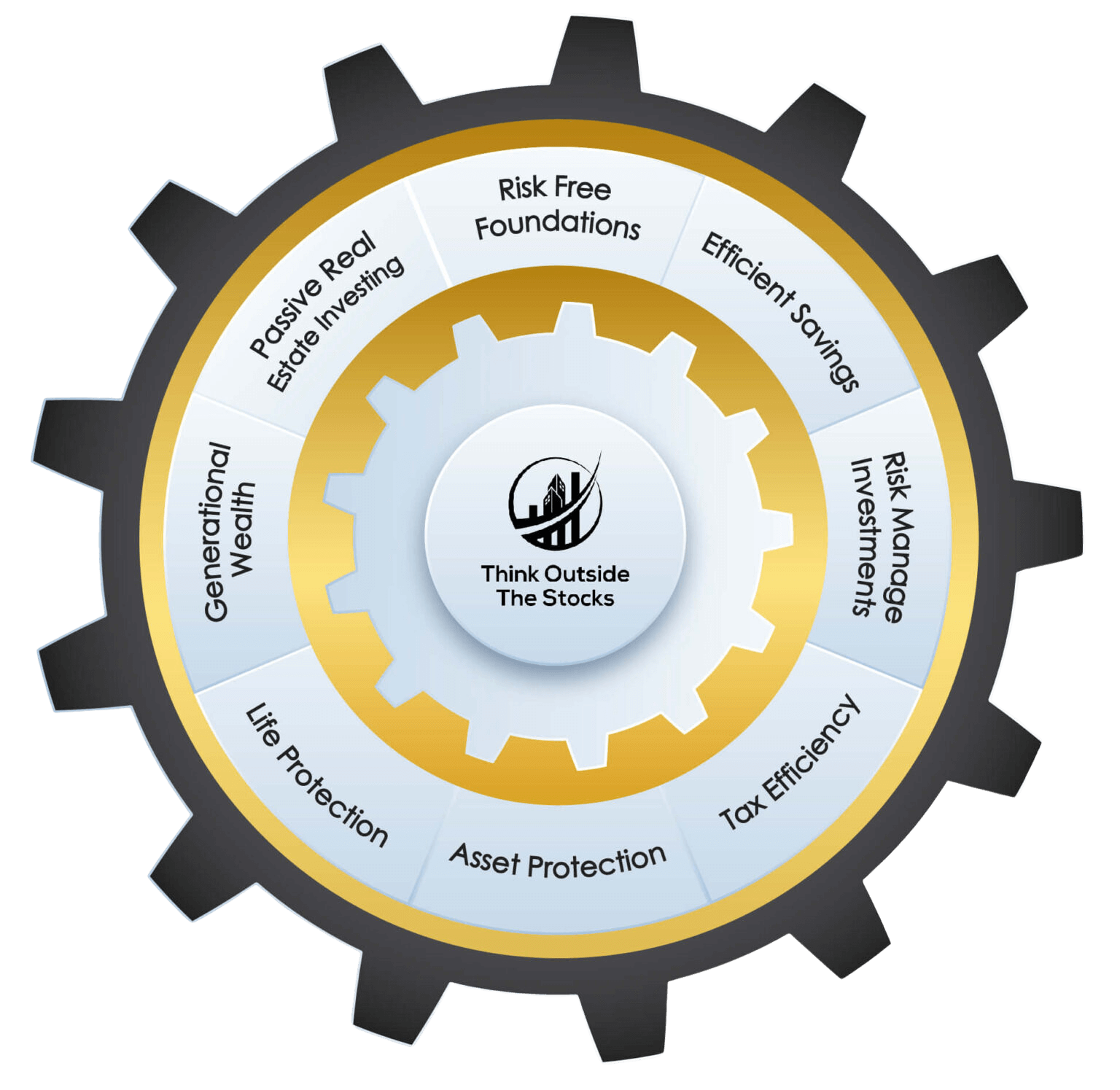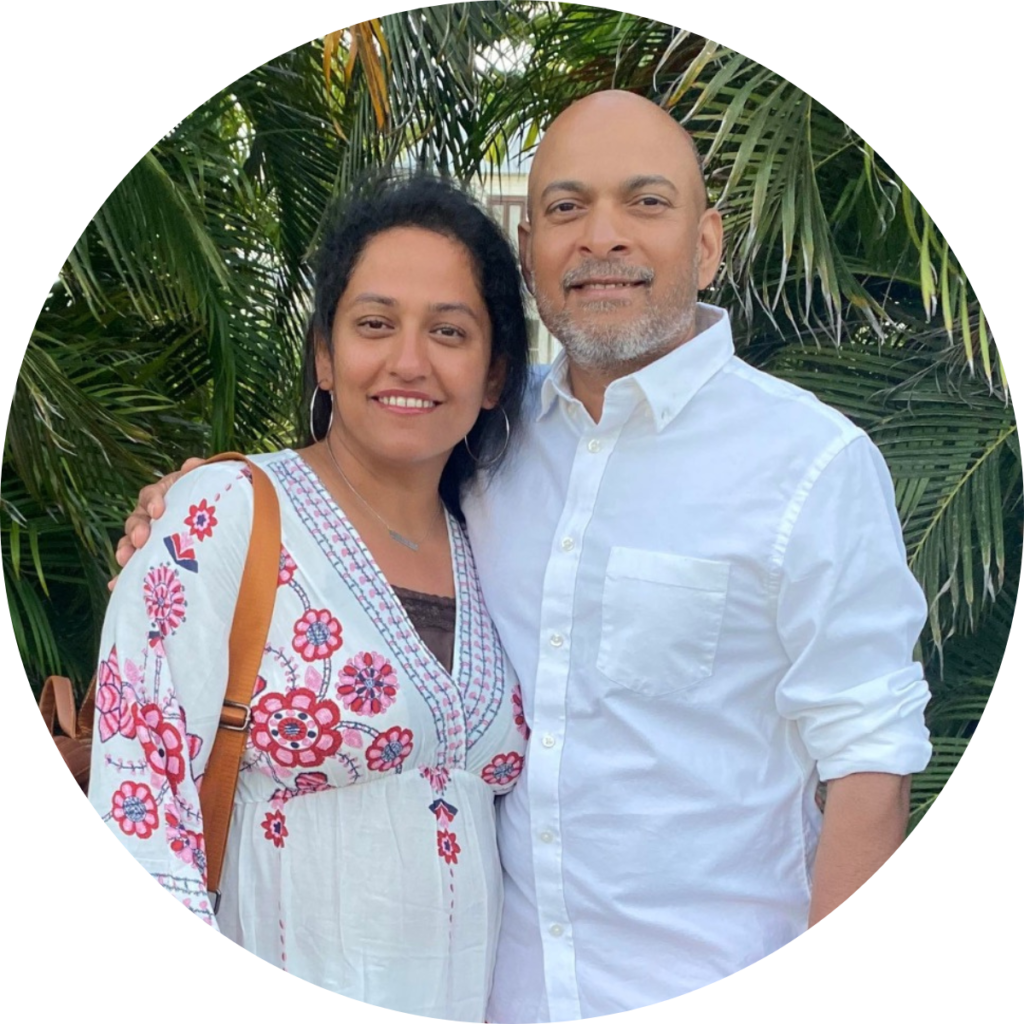
info@ThinkOutsideTheStocks.com
Build Generational Wealth in a Vault
Helping High-Income Tech and Medical Immigrants
to Grow, Protect and Pass Generational Wealth
Risk-Free Foundation
Risk-Managed Passive Investments
Trusted by Employees of...










Get Access to our Most Popular Webcast
Passive Power Hour: Bi-Weekly Webcast Series:
Shhh!
A Well-Kept Secret to Passive
Real Estate Investments
Real Estate Syndications

Join our Upcoming Webcast: Every other Tuesday
next webinar on July 30th
Feeling a Bit Disoriented?
Are you in search of passive investments or ways to generate passive income?
We've got you covered.
Are you stuck exchanging time with money ?
Frustrated with increasing tax liability ?
Tired of stock market roller coaster ?
Looking for passive income without active involvement ?
Hard to enter in Real Estate investment in current market cycle ?
Don’t know where to to start with multiple streams of passive income ?
Your Financial Blueprint Like
The Top 1%

What is Wealth in a Vault Approach?
Our Plan for Generational Wealth
Our Top Priority: Capital Preservation
- Risk free foundations
- Efficient savings
- Risk managed investments
- Passive Real Estate Investing
- Tax efficiency
- Asset Protection
- Life protection
- Generational wealth
Our Bottomline: Keep it completely Passive for you
Our Bottomline:
Keep it completely Passive for you
Your Financial Blueprint Like
The Top 1%

What is Wealth in a Vault Approach?
Our Plan for Generational Wealth
Our Top Priority: Capital Preservation
- Risk free foundations
- Efficient savings
- Risk managed investments
- Passive Real Estate Investing
- Tax efficiency
- Asset Protection
- Life protection
- Generational wealth
Our Bottomline: Keep it completely Passive for you
Get Exclusive Guide on How to Build
Wealth in a
Vault System
Our Track Record
01
0
+ Units
MULTIFAMILY PORTFOLIO WITH
STRATEGIC PARTNERS
02
$
0
Million
ASSETS UNDER MANAGEMENT
AS A CO-GP
03
0
%
AVERAGE ANNUAL PROVIDED
ON FULL CYCLE
See What Others Are Saying
I’ve recently worked with Madhavi for the 1st time for Real Estate investment. And quite impressed by her thorough knowledge in this area. It is a pleasure working with Madhavi whose personal ability, attention to details, and enthusiasm put me at ease. She was always available to quickly respond to questions via phone/email. I will be using Madhavi for my next investment and recommend her highly!!!

– Sandhya Desai
Working with Madhavi has been great. She is very knowledgeable about her products and answered all my questions about different scenarios and how I can use whole life to achieve my specific goals. I’d gladly work with her again and recommend working with her. She’s a valuable resource!

— Greg Jung
Each time we have met with Madhavi, it has been the most enriching experience. Her knowledge and the ability to communicate/explain is commendable. I have learned soo many investment options which I didn’t know earlier. She is a numbers lady and knows how to explain it well. She is very patient with her clients and is always available when needed. I would highly recommend Madhavi for any of your investment related questions or plans.

— Neeta Adkar
Madhavi has opened the doors for me to alternative investment options and truly helped me consider investments outside stocks. She is very knowledgeable in various investment options and helped with my financial plan. She is very friendly and has patiently guided me choosing the right options considering my financial goals. It is a pleasure working with her and I would strongly recommend her.

— Satish M.
Very knowledgeable real estate investment expert who works very patiently with her clients and answers to all their queries. She is always available day or night to guide her clients. She takes time to understand client needs and suggests great options that are suitable to the client. She is my go to person for any real estate related questions or investments.

— Kavita Shende
Learn More About Our Multifold Approach
Risk
Managed
Backed by Real Asset,
Historically Recession Resistant
True
Diversification
Invest Outside the Stocks,
Multifamily, Storage, Industrial etc
Why Invest in Syndicated Real Estate?
Tax
Smart
Reduce your Tax Liability,
Keep more Money in your Pocket!
High
Growth
Historic Annual Growth
~13% in Real Estate Vs ~7% Stocks
Completely
Passive
Sit Back and Enjoy your
Passive Cashflow On Autopilot!
Build your wealth on Autopilot! Take back control of Time
Efficient
Savings
Grow Lazy Money in Bank more Efficiently.
Tax Free
Growth
Compounded Tax-Free
Growth
Why Create your Own Private Banking System ?
Never Lost
Money
Survived even Great
Depression
Automatic Asset
Protection
Invest Outside the Stocks, Multifamily, Storage, Industrial etc
Generational
Wealth
Pass Income Tax FREE Wealth to Next Generation
Build your wealth on Autopilot! Take back control of Time
Our Diversified Approach

Infinite Banking

Multifamily Real Estate

Mobile Home Parks

Industrial Wearhouse

Short Term Rentals
Your Investments Your Choice: Build Your Own Blended Performance
Start Your journey Here:
Active Cashflow With
Passive Real Estate Investments

How it works?
Our Plan for You
#1
Access
Sign-up to receive
Investment Flow
JOIN NOW!
#2
Connect
15-minute discovery call,
Right-fit Strategy
SCHEDULE A CALL!
Right-fit Strategy
#3
Invest
Invest in a partnership
alongside with us
ACCESS INVESTMENTS!
alongside with us
#4
Enjoy
Relax and Enjoy
Passive cashflow
ENJOY!
Passive cashflow
Feeling Stuck On An Upcycle as Well as
The Down Cycle Of The Stock Market?
It's hard to TIME the Exit no matter what! Your hard-earned money does not deserve a knee-jerking ride on a wall street roller coaster.

- Don’t know where to start in Real Estate?
- How to stay Completely Passive?
- How to choose a Risk Managed Asset Class?
- Where to find High-Quality Direct Investments?
Think of us! Think Outside the Stocks!
Think Outside the Stocks is a commercial real estate focused private investment firm, based in Austin, Texas. We focus on helping first generation immigrants, tech employees and doctors like you, to create multiple streams of passive income and to break out of the barrier. So you can move away from financial responsibility, towards the life of purpose and passion.
Education is the first key to unlock your success,
join our LIVE Educational Series
Passive Power hour
Why Invest in Syndicated Real Estate?
Risk Managed
Backed by Real Asset, Historically Recession Resistant
True Diversification
Invest Outside the Stocks, Multifamily, Storage, Industrial etc
Tax Smart
Reduce your Tax Liability, Keep more Money in your Pocket!
High Growth
Historic Annual Growth ~13% in Real Estate Vs ~7% Stocks
Completely Passive
Sit Back and Enjoy your Passive Cashflow On Autopilot!
the benefits of real estate investments
Cash Flow
One of the biggest benefits of real estate investing is cash flow. You receive passive income on a monthly/quarterly basis without having to trade your time for money.
Leverage
You get to leverage our team’s operational and market expertise so you can easily diversify into more markets and asset classes without having to manage them yourself.
Equity
The beauty of cash flowing real estate is that the rental income covers the debt and expenses, meaning the tenants are helping you build equity.
Appreciation
Because we are value add investors in multiple strategic markets, you can benefit from forced appreciation which helps you maximize your returns.
Tax Benefits
Reduce, defer, or eliminate taxes on the profits from real estate investments. You want to keep more of what you make.
How important is holistic wealth creation to you?
Remember! Change Does Not Happen
When You Take Action Tomorrow, Neither Today
Change Starts When
You Take an Action NOW!

connect with madhavi jain
To stay up-to-date on Madhavi’s latest news and tips.



